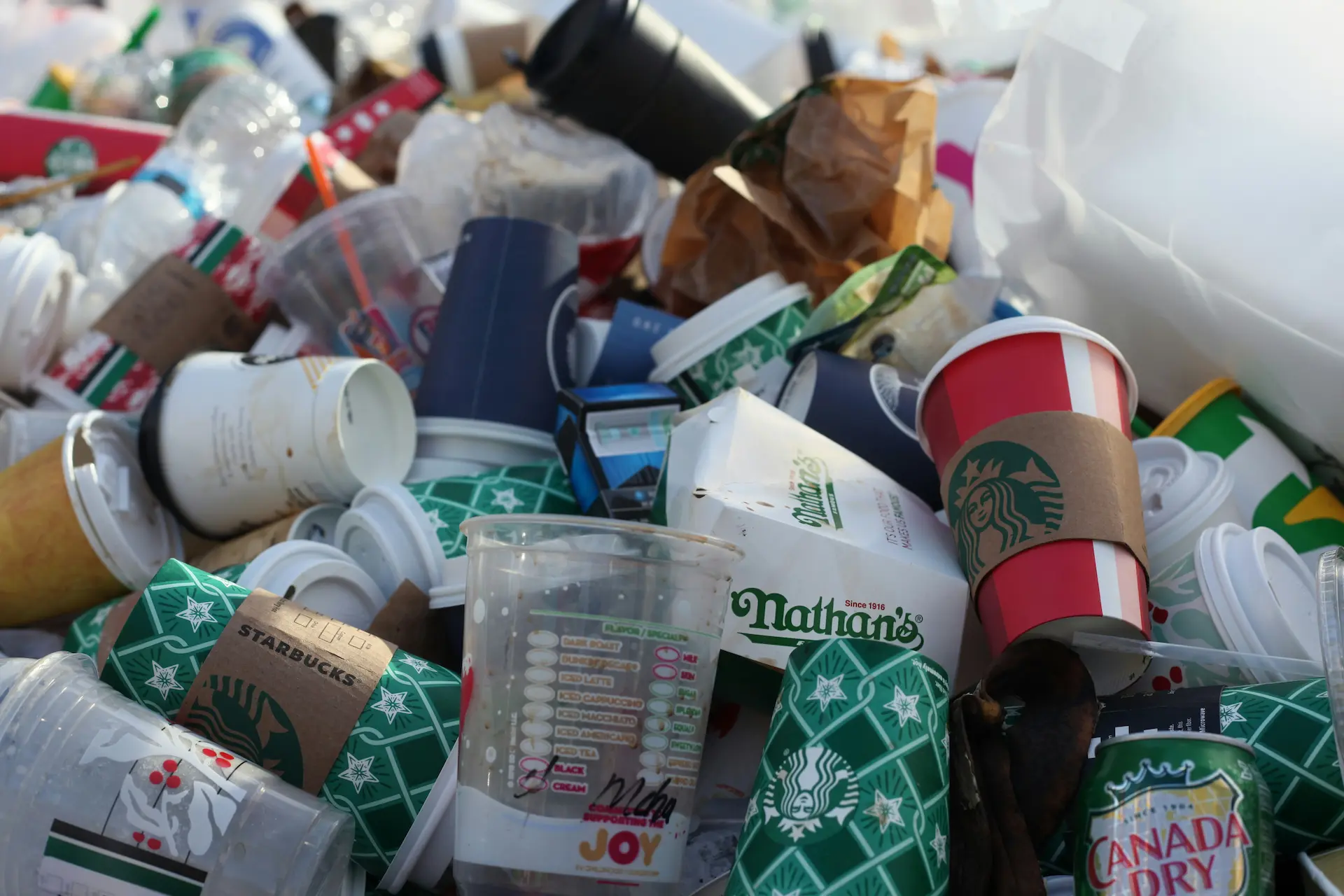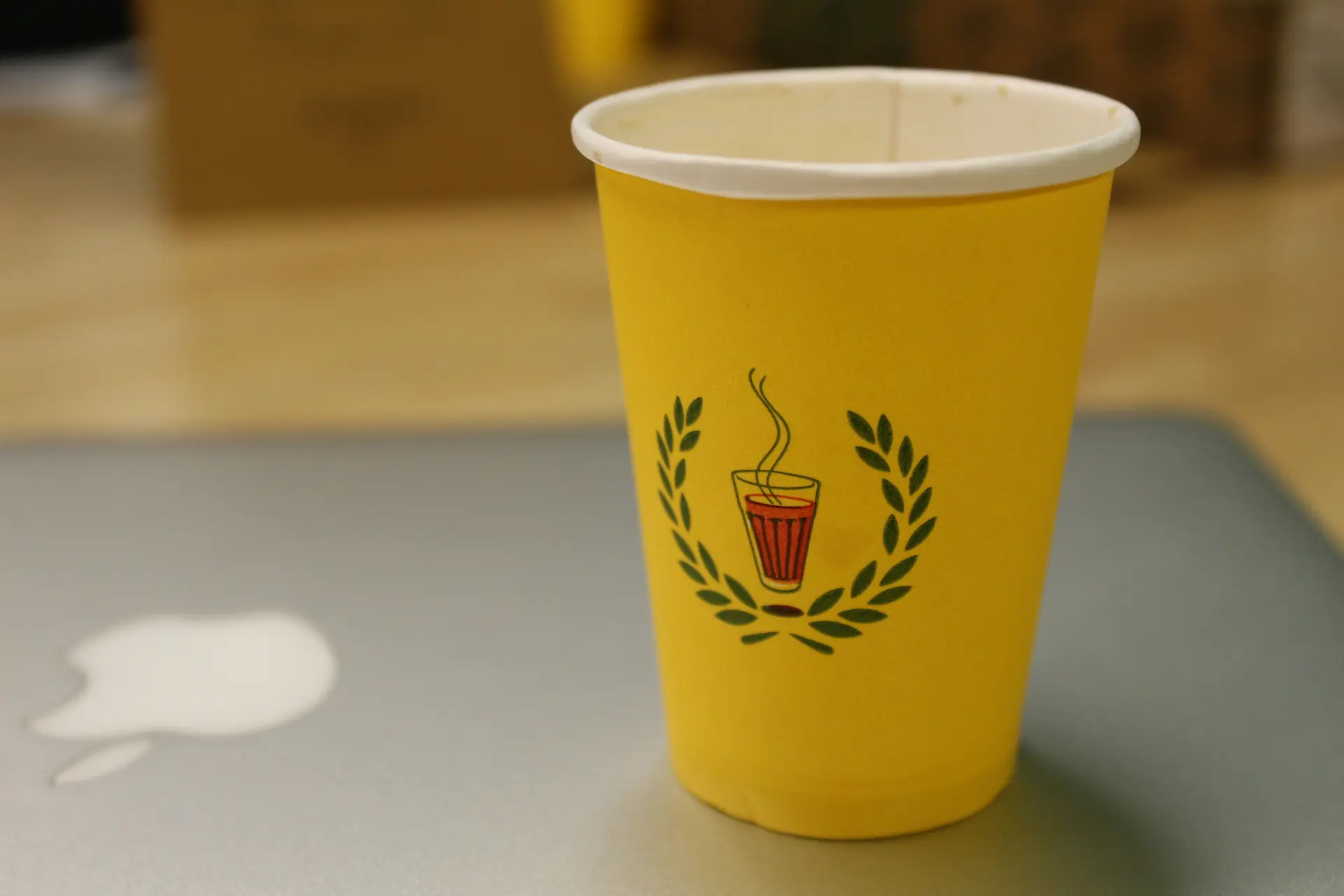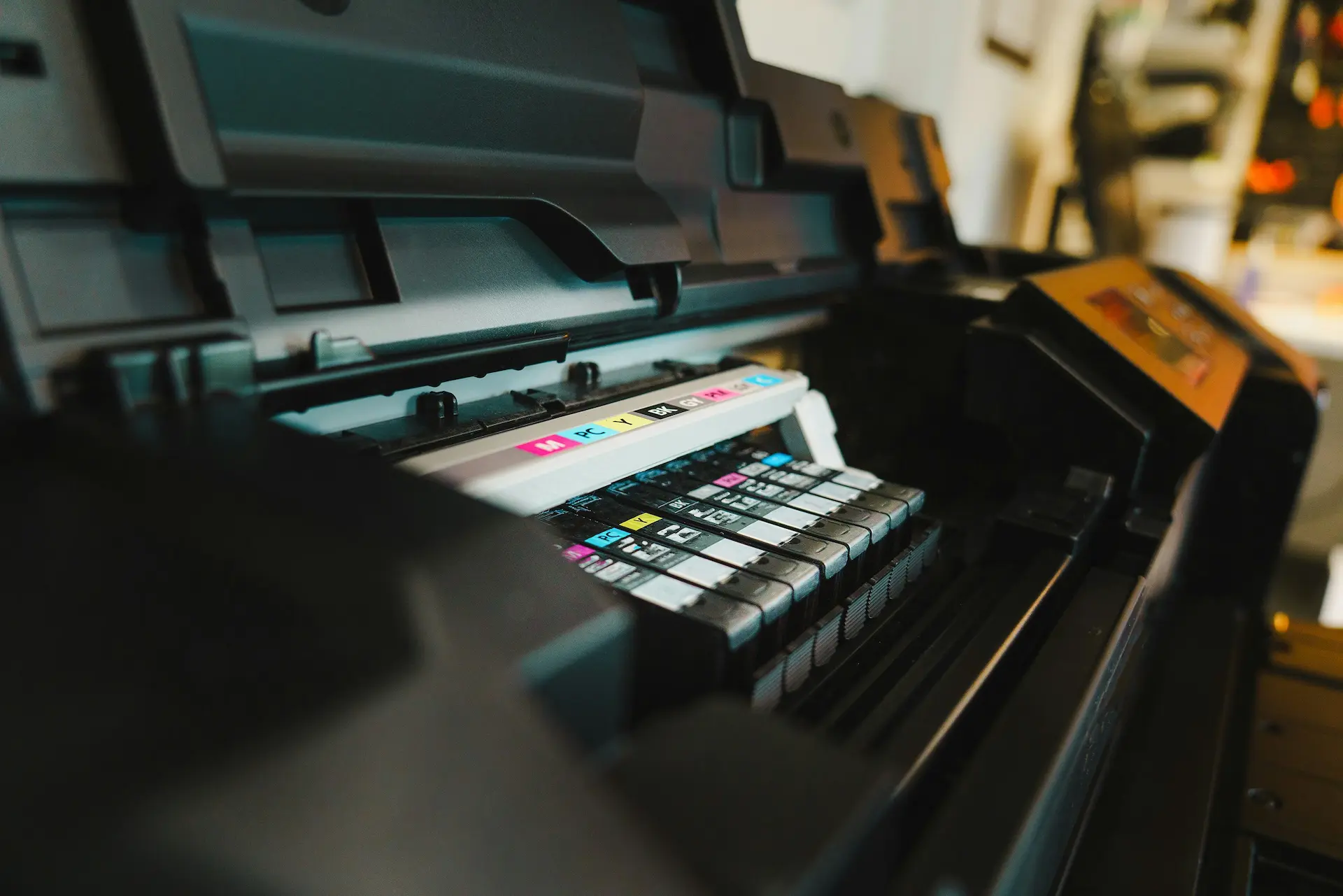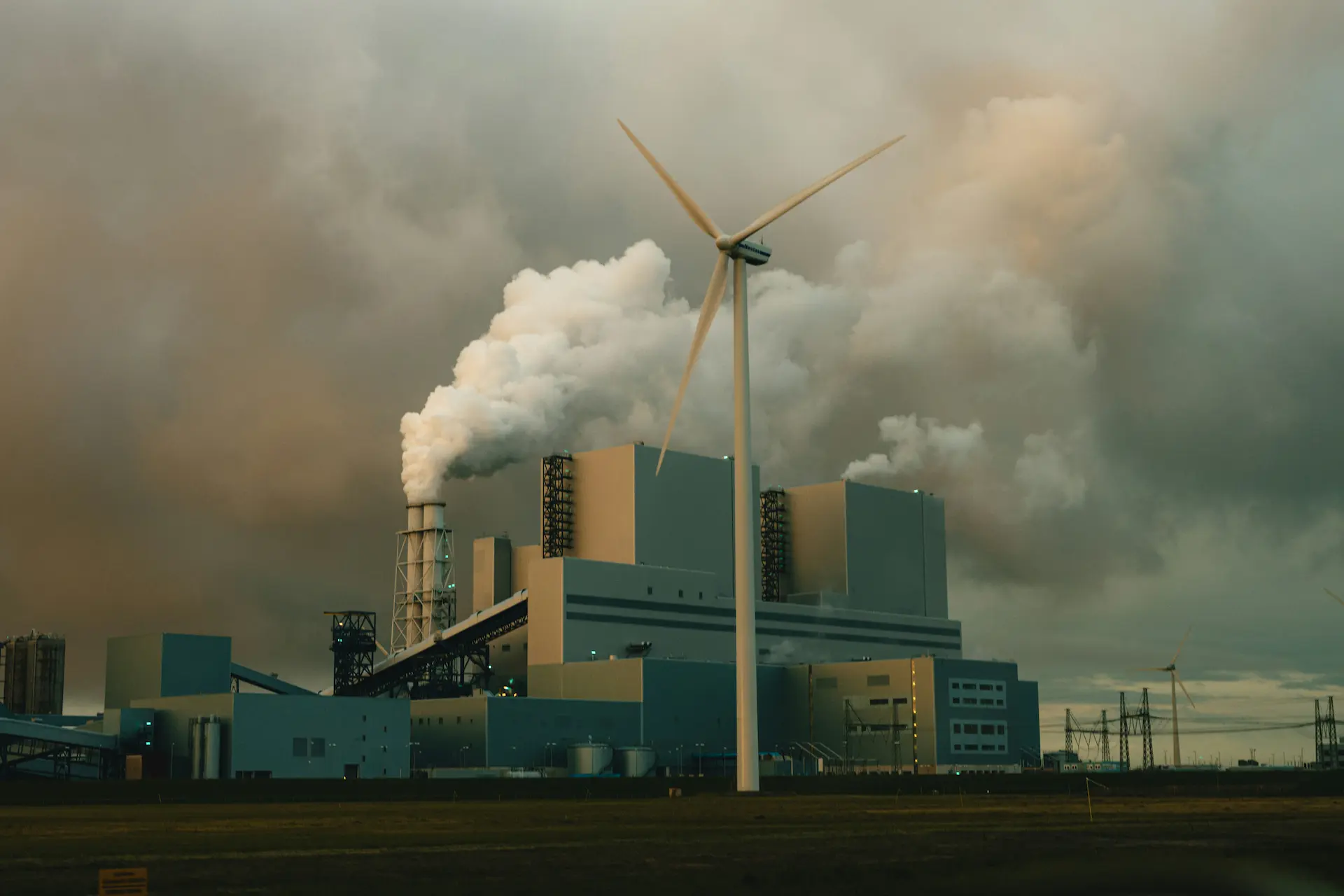Knowledge base
A place where we share our knowledge, so you can learn more about the ins and outs of sustainability.
Browse all articles
Thank you! Your submission has been received!
Oops! Something went wrong while submitting the form.
No Results found.
Our Hedgehog tried to find an article matching your needs. Sadly he wasn't able to find what you are looking for. Try altering your search query to find more.
The #1 Carbon Platform for SME
The smart way to manage your carbon footprint
Pragmatically track, manage, and report your carbon footprint—no more spreadsheets, no more headaches.
*It’s really free, no sales call
1,000+ use our Carbon Platform
















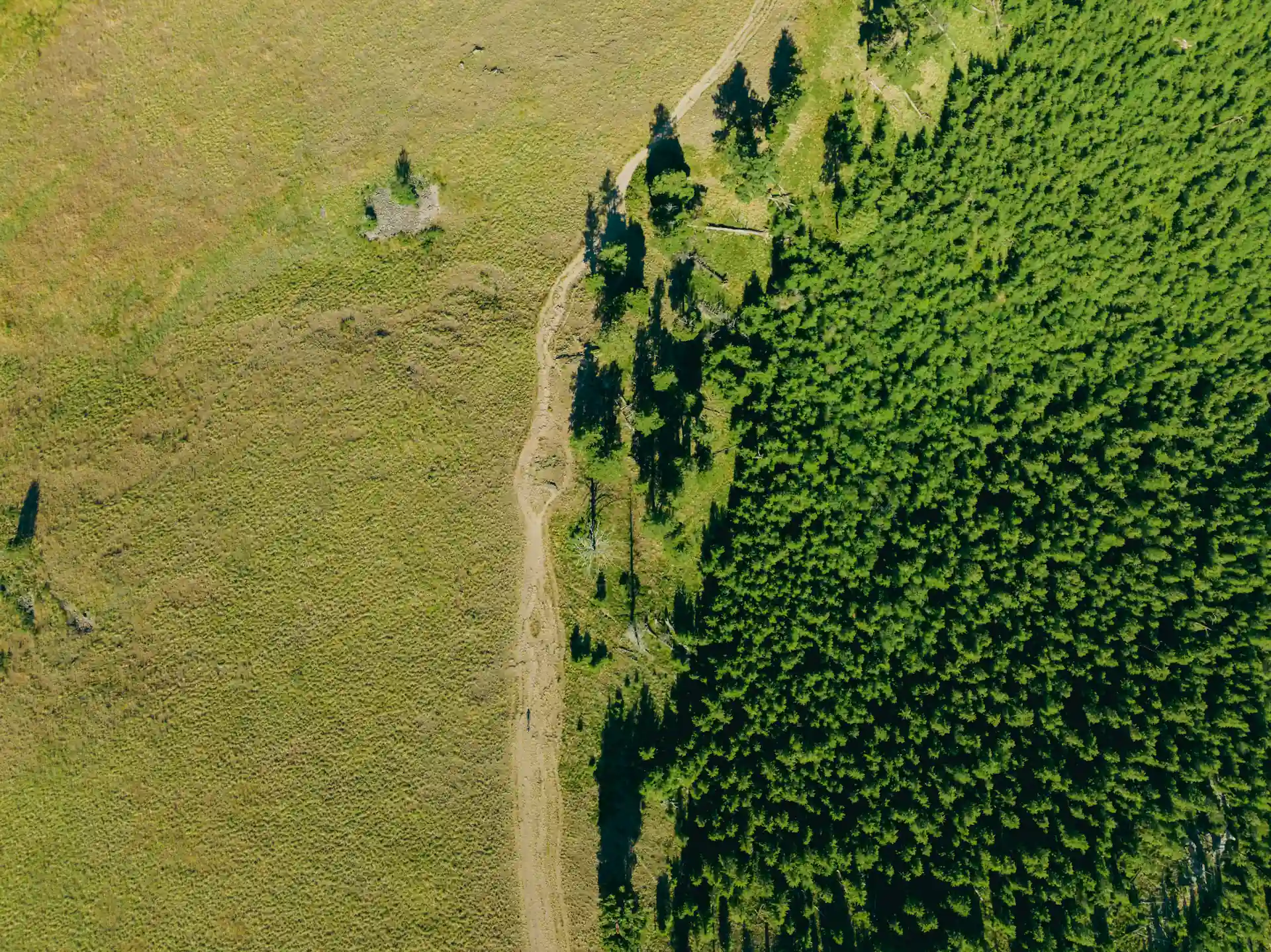
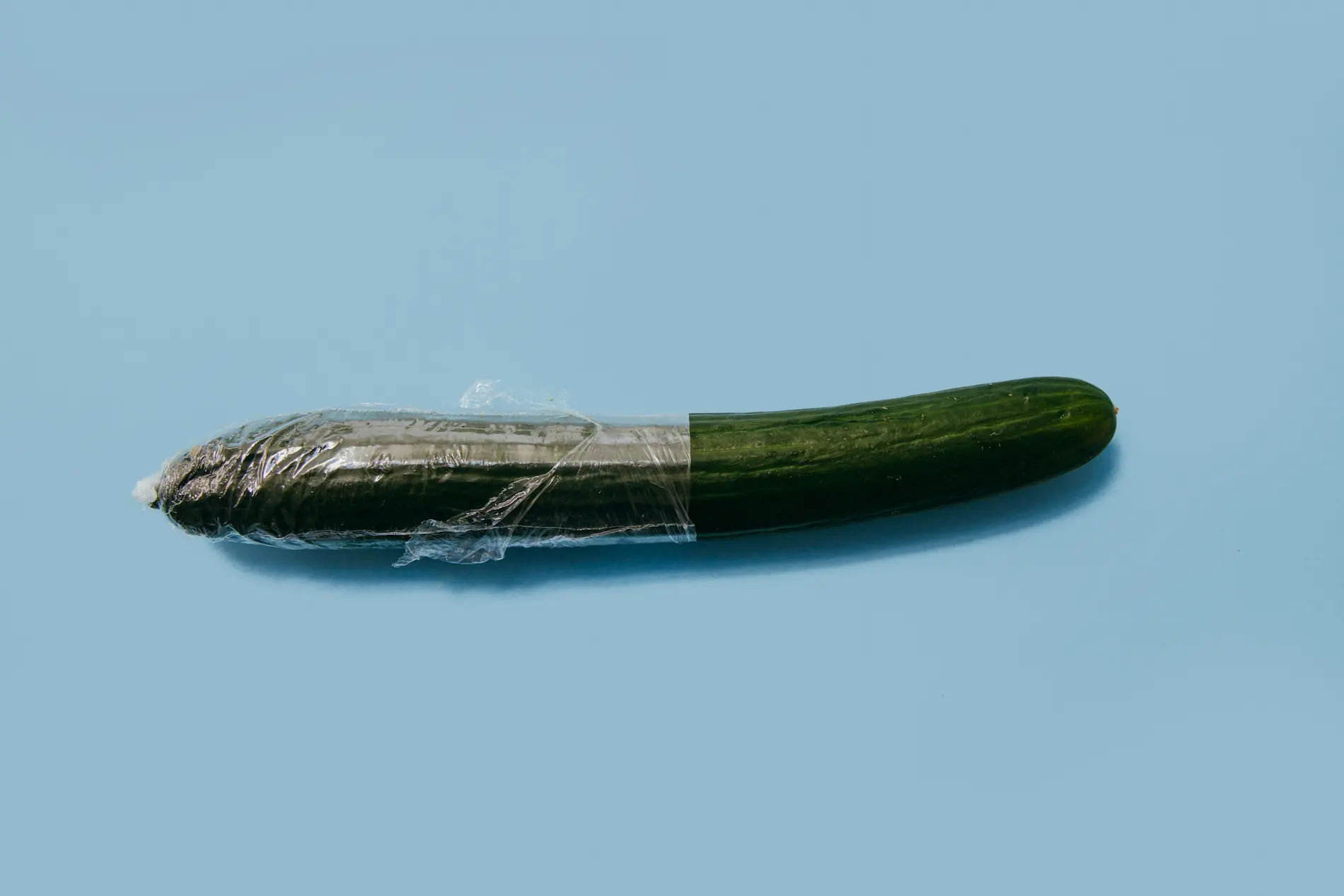








.webp)

